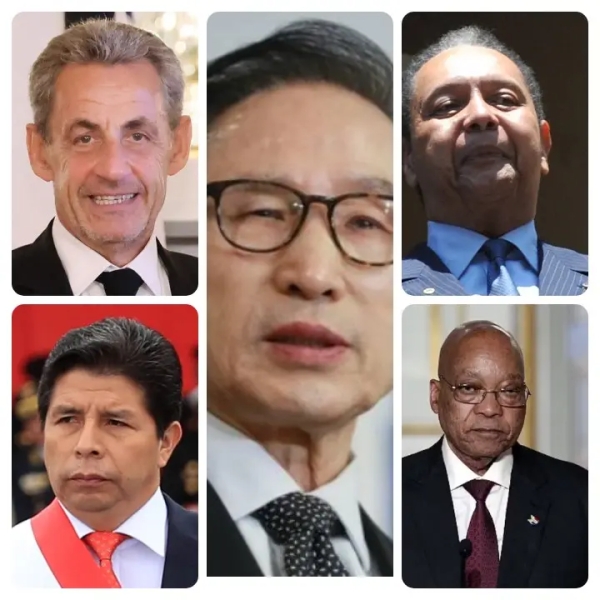Former President of the United States, Donald Trump was found guilty by a New York jury on all 34 felony counts.
The verdict was read in the Manhattan courtroom, where Trump had been on trial since April 15.
Trump is first former president to be convicted of criminal charges in US history and will be sentenced in July
As the world eagerly await what will befall ex-US president, this piece examines a few former presidents who were either charged or jailed.
Below are a few of the recent ex-presidents who were convicted and the reasons behind their convictions.
1. Nicolas Sarkozy, France
Nicolas Sarkozy was the President of France and co-prince of Andorra from 2007 to 2012.
The 69-year-old was charged with corruption by French prosecutors in two cases, especially concerning his alleged Libyan interference in the 2007 French elections.
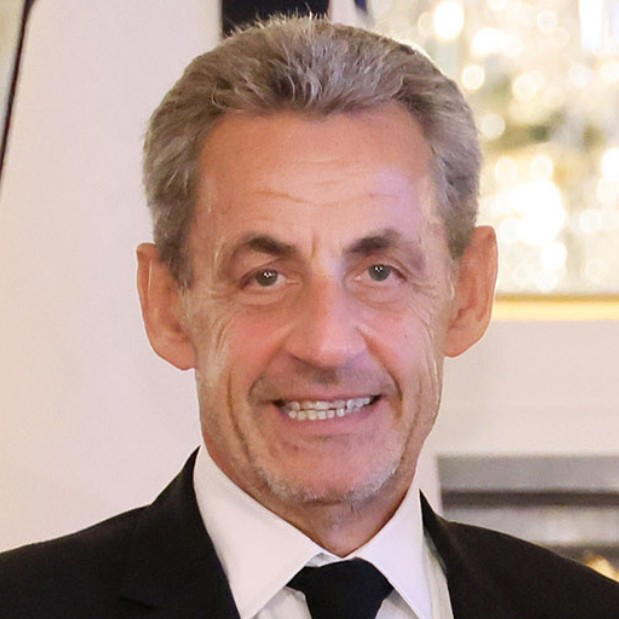
In 2021, Sarkozy was convicted of corruption in two separate trials.
His first conviction resulted in him receiving a sentence of three years, two of them suspended and one in prison; but, however, appealed against the ruling.
For his second conviction, he received a one-year sentence, which he is allowed to serve under home confinement.
In May 2023, Sarkozy lost an appeal to his corruption conviction.
2. Jean-Claude Duvalier, Haiti
Jean-Claude Duvalier ruled Haiti from 1971 to 1986 when he was overthrown.
Duvalier unexpectedly returned to Haiti on 16 January 2011, after twenty years of self-imposed exile in France.
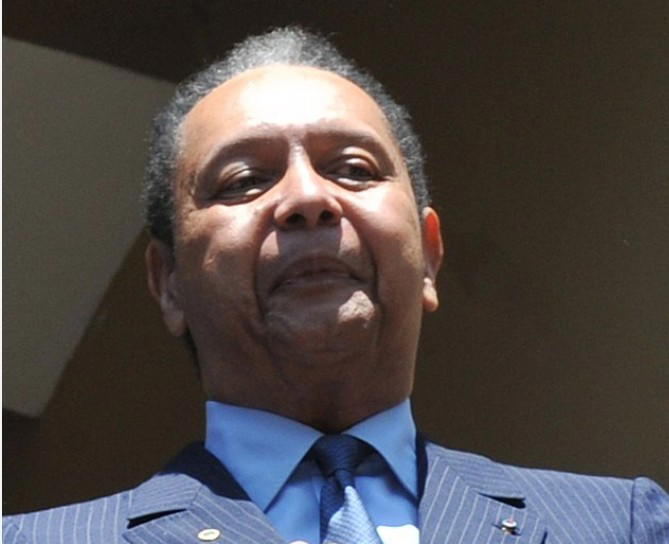
The following day, he was arrested by Haitian police, facing possible charges for embezzlement of state funds.
On 18 January, 2011, Duvalier was charged with corruption. He, however, pleaded not guilty on 28 February 2013, to charges of corruption and human rights abuse.
He died of a heart attack on 4 October 2014, at the age of 63.
3. Lee Myung-bak, South Korea
Lee Myung-bak served as the 10th president of South Korea from 2008 to 2013. Before his presidency, he was the CEO of Hyundai Engineering and Construction, and the mayor of Seoul from 2002 to 2006.
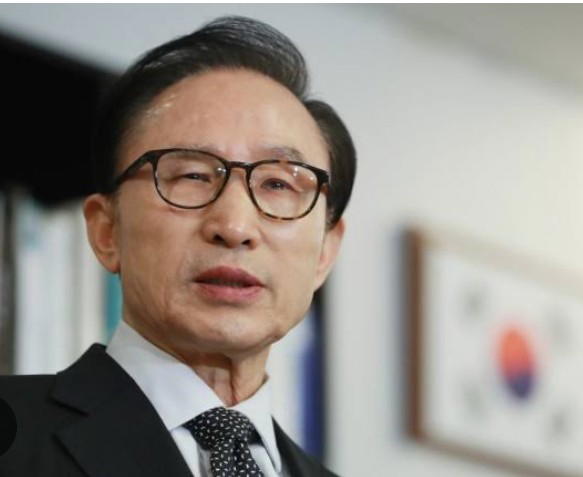
On 22 March 2018, Lee was arrested on charges of bribery, embezzlement, and tax evasion alleged to have occurred during his presidency.
Prosecutors accused Lee of receiving bribes totaling 11 billion won and channeling assets of 35 billion won to an illicit slush fund.
Shortly before his arrest, Lee posted a handwritten statement on Facebook denying the charges.
He was arrested nearly a year after the arrest of former president Park Geun-Hye, who was arrested on charges stemming from the 2016 South Korean political scandal.
Lee was convicted on 5 October 2018 and sentenced to 15 years in prison.
On 29 October 2020, the Korean Supreme Court upheld a 17-year sentence against Lee given to him by an appellate court.
However, on 27 December 2022, President Yoon Suk-yeol granted Lee a special pardon, cancelling the remaining 15 years of the sentence.
4. Pedro Castillo, Peru
José Pedro Castillo Terrones was the President of Peru who had a stint in the office between 28 July 2021 and 7 December 2022.
When he sensed impeachment proceedings, on 7 December 2022, Castillo attempted to dissolve Congress and rule by decree.
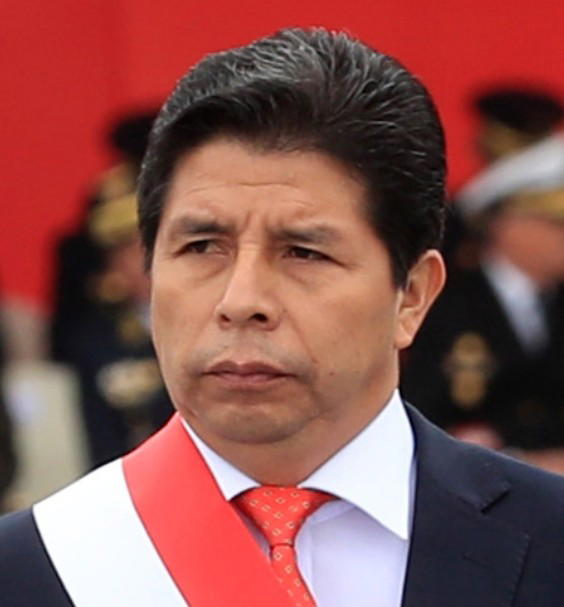
But, in response, the Congress of the Republic of Peru impeached him.
After his impeachment, he was detained for sedition and high treason.
5. Jacob Zuma, South Africa
Jacob Gedleyihlekisa Zuma served as the president of South Africa from 2009 to 2018.
Shortly after his resignation, on 16 March 2018, the National Prosecuting Authority announced that it would reinstate corruption charges against Zuma in relation to the 1999 Arms Deal.
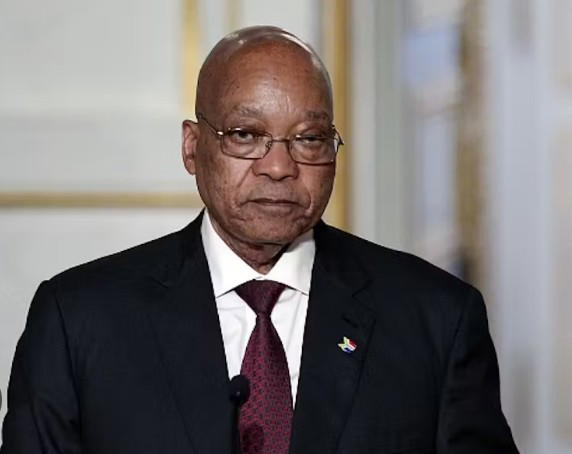
He pleaded not guilty on 26 May 2021, but the trial was not slated to take place until early 2023.
The trial has since been set for April 2025.
In a separate matter, in June 2021, the Constitutional Court convicted Zuma of contempt of court for his failure to comply with a court order compelling his testimony before the Zondo Commission.
He was sentenced to 15 months’ imprisonment and was arrested on 7 July 2021 in Estcourt, KwaZulu-Natal.
However, he was released on medical parole two months later on 5 September. The high court rescinded his parole on 15 December.
The parole was declared unlawful by the Supreme Court of Appeal, but it allowed the Department of Correctional Services to consider whether to deduct the time spent under it from his sentence.
On 11 August 2023, the Department of Correctional Services granted Zuma remission of his 15-month sentence.


